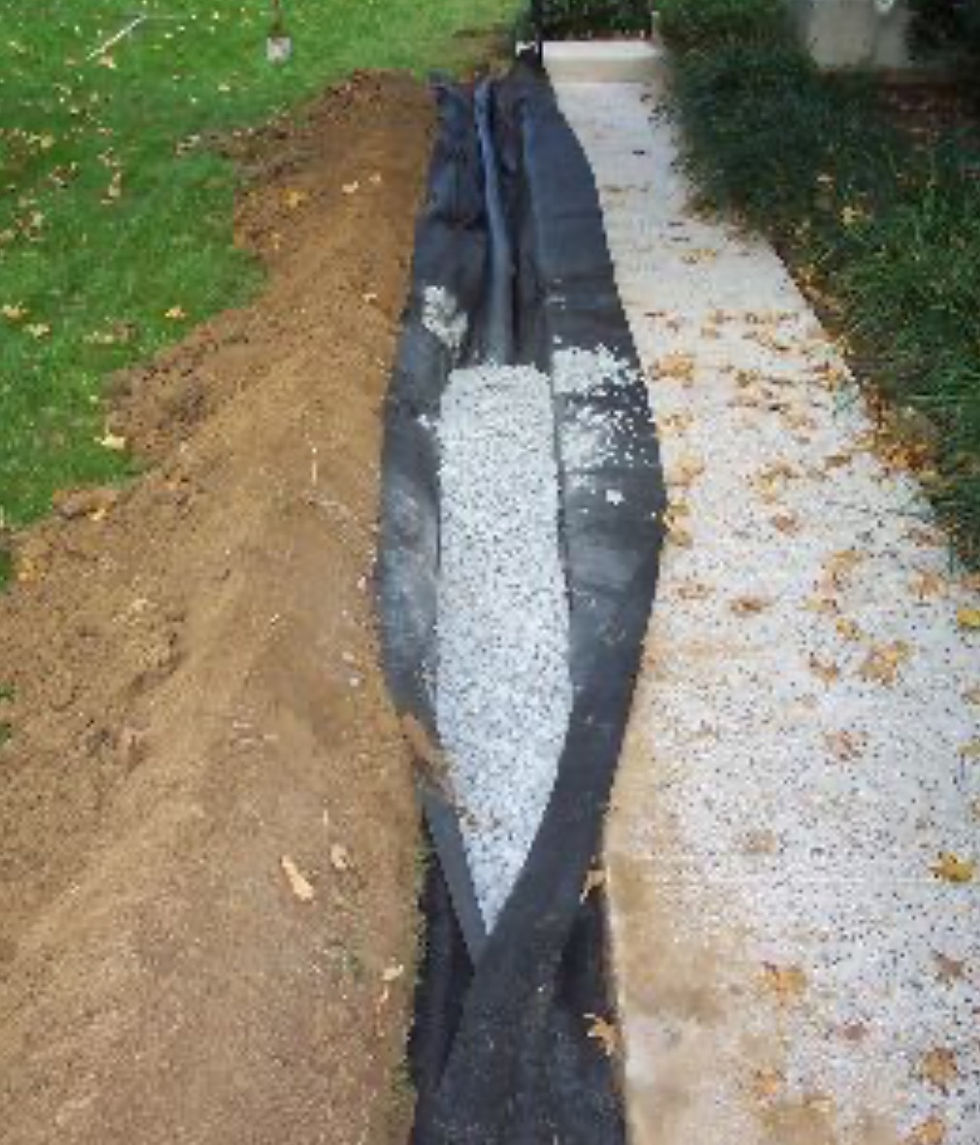Driveway Gravel Spreading Services for Perfect Results
- Jessica Allen
- Sep 22, 2025
- 4 min read
When it comes to maintaining or installing a gravel driveway, the process of spreading gravel evenly and efficiently is crucial. Proper gravel spreading not only enhances the driveway's appearance but also ensures durability and functionality. Whether you are upgrading an existing driveway or laying down a new one, professional gravel spreading services can make a significant difference in the final outcome.
Why Choose Professional Gravel Spreading Services?
Gravel spreading might seem like a simple task, but it requires skill, the right equipment, and experience to achieve the best results. Professionals understand the nuances of gravel distribution, including the right depth, slope, and compaction needed for a long-lasting driveway.
Even Distribution: Professionals ensure the gravel is spread evenly, preventing low spots where water can pool.
Proper Grading: Correct grading helps with drainage, reducing erosion and damage.
Time and Effort Saving: Using specialized equipment, professionals complete the job faster and with less physical strain.
Quality Results: The finished driveway looks neat, uniform, and performs well under traffic.
Hiring experts for driveway gravel spreading guarantees a smooth, professional finish that DIY methods often fail to achieve.

What to Expect from Gravel Spreading Services
When you hire a gravel spreading service, you can expect a comprehensive approach that covers every step of the process. Here’s what typically happens:
Site Preparation
The area is cleared of debris, old gravel, and vegetation. This step ensures a clean base for the new gravel layer.
Base Layer Installation
A base layer of larger stones or crushed rock is laid down to provide stability and drainage.
Gravel Delivery
The gravel is delivered in bulk, usually by dump trucks, to the site.
Spreading and Leveling
Using machinery like skid steers or graders, the gravel is spread evenly across the driveway. The depth is carefully controlled to meet specifications.
Compaction
The gravel is compacted using rollers or plate compactors to lock the stones in place and create a firm surface.
Final Inspection
The service provider checks the driveway for evenness, proper slope, and compaction quality.
By relying on professional gravel spreading services, you avoid common pitfalls such as uneven surfaces, poor drainage, and premature gravel displacement.

How much to charge for spreading gravel?
Pricing for gravel spreading services varies depending on several factors. Understanding these can help you set fair rates or budget appropriately if you are hiring the service.
Size of the Area
Larger driveways require more gravel and time, increasing the cost.
Type of Gravel
Different gravel types have varying prices. Specialty or decorative gravel costs more.
Depth of Gravel Layer
Thicker layers mean more material and labor.
Accessibility
If the driveway is hard to access, it may require extra effort or equipment.
Equipment Used
The use of heavy machinery versus manual labor affects pricing.
Location
Regional labor and material costs influence the final price.
On average, gravel spreading services can range from $0.50 to $2.00 per square foot. For example, spreading gravel on a 1,000 square foot driveway might cost between $500 and $2,000. It’s important to get detailed quotes that include delivery, spreading, and compaction.
Offering transparent pricing and explaining these factors to clients builds trust and helps avoid misunderstandings.

Tips for Maintaining a Gravel Driveway After Spreading
Once your gravel driveway is professionally spread, maintaining it properly will extend its life and keep it looking great.
Regular Raking
Use a rake or landscaping tool to redistribute gravel that has shifted.
Fill Low Spots
Check for depressions where water collects and add gravel as needed.
Control Weeds
Apply weed barrier fabric under the gravel or use weed control treatments.
Replenish Gravel
Over time, gravel will compact and scatter. Plan to add fresh gravel every few years.
Proper Drainage
Ensure gutters and drainage ditches are clear to prevent water damage.
Avoid Heavy Loads
Limit heavy vehicle traffic to prevent gravel displacement and compaction issues.
Following these simple steps will keep your driveway functional and attractive for years.
Choosing the Right Gravel for Your Driveway
Selecting the right type of gravel is essential for both aesthetics and performance. Here are some common options:
Pea Gravel
Small, smooth stones that are comfortable to walk on but can shift easily.
Crushed Stone
Angular stones that lock together well, providing a stable surface.
River Rock
Rounded stones that offer a natural look but may require edging to keep in place.
Granite Gravel
Durable and available in various colors, granite gravel is popular for driveways.
Limestone
Affordable and compactable, limestone is a practical choice.
Consider the climate, traffic load, and desired appearance when choosing gravel. Your gravel spreading service provider can offer recommendations based on your specific needs.
Investing in professional driveway gravel spreading services ensures your driveway is not only beautiful but also built to last. With the right preparation, materials, and maintenance, your gravel driveway will provide reliable access and curb appeal for many years.





Comments